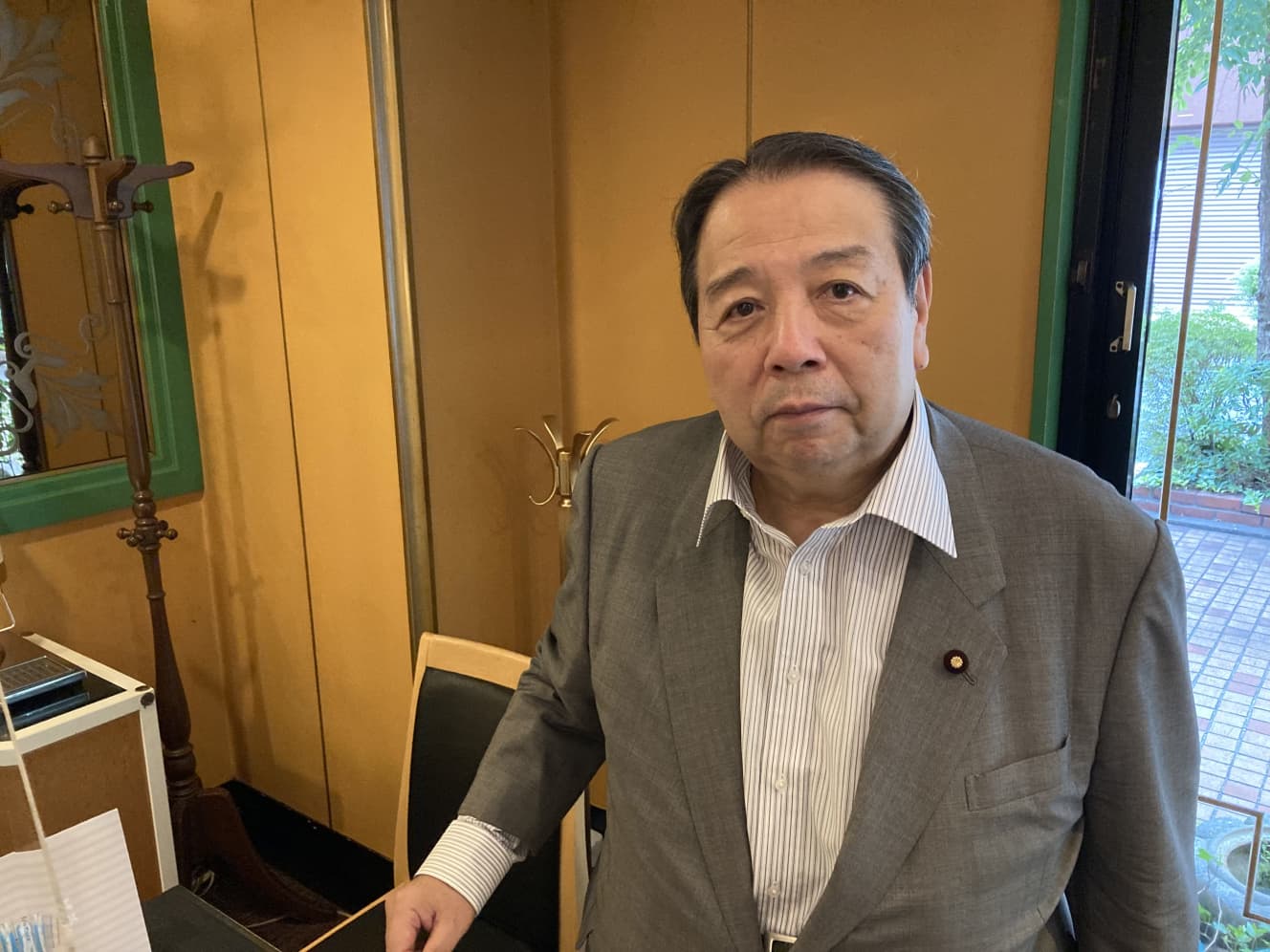Original] “Straightforward Thoughts” of Seiichiro Murakami, a Liberal Democratic Party Member, Who Announced His Absence from the National Funeral
Interview with Seiichiro Murakami, a member of the Liberal Democratic Party, who declared his opposition to national funerals. He stated his opposition to a national funeral, and said, "If things continue as they are, the public will drift further and further away.
The “national funeral” of former Prime Minister Shinzo Abe has been receiving increasing opposition from the public. At last, a current member of the LDP voiced his opposition to the national funeral. Seiichiro Murakami, former minister of administrative reform and head of the LDP’s Shikoku bloc, responded to an interview with FRIDAY Digital.

As a member of the Diet representing the people, I cannot attend a national funeral.
I have been against state funerals from the very beginning. I have always said so, and that is why I have decided not to attend. I regret the process of deciding on the state funeral, its standard law, and above all, the fact that the majority of the public is opposed to the state funeral, resulting in a debate on the state funeral that is like a whipping boy for the dead. As a member of the legislature that represents the people, I have no choice but to abstain from the state funeral.
Mr. Murakami looked down. He seemed to murmur that he did not think it was right to leave a person who had passed away in the midst of such a clamor. Was former Prime Minister Abe a politician who did not deserve a state funeral?
I heard that the Queen herself had participated in her own state funeral before her death. I was told that the Queen herself had participated in the discussions about her own state funeral before her death. The coffin was carefully prepared and carried out. As a result, it was possible to hold such a solemn state funeral. Even in death, the Queen faced the British people and fulfilled her position. I am suddenly convinced that this is what a state funeral is all about. Former Prime Minister Abe’s state funeral was a mere idea driven by the emotionalism of the moment, a knee-jerk reaction to the Cabinet Establishment Act that had no legal basis. I wondered if this was really the way to remember the deceased in the true sense of the word.
The debate over state funerals has become increasingly heated. In the early morning hours of January 21, a man in his 70s set himself on fire near the prime minister’s official residence to express his vehement opposition to a state funeral. A woman who witnessed the incident called 110, and police officers rushed to the scene and extinguished the fire, but the man was rushed to the hospital in an unknown condition, and the police officer who put out the fire was injured in the spectacular incident.
People are not satisfied with political arbitrariness.
Why has there been so much opposition to Abe’s state funeral?
Even former Prime Minister Eisaku Sato, who won the Nobel Peace Prize for his work on the return of Okinawa to Japan and the three non-nuclear principles, and former Prime Minister Yasuhiro Nakasone, who enacted the great reforms of the Showa period, were buried jointly by the cabinet and the LDP. Many foreign dignitaries came to offer their condolences, and the diplomacy of condolences was properly conducted.
This time, however, the government decided to spend money on the funeral without any preparation, without any legal basis, without consulting the public, and on its own political decision. Moreover, it is hard to believe that a state funeral is appropriate only for former Prime Minister Abe. And now that we know that Prime Minister Abe played a central role in the LDP over the Unification Church issue, it is natural that anyone would feel uncomfortable with the idea of giving him a state funeral at taxpayer expense.
Murakami has consistently criticized Abenomics, which has continued to widen inequality. The total amount of government bonds underwritten by the Bank of Japan has reached 97% of its debt, which will soon become insolvent, and the country is in a critical situation due to the failure of economic policy. Murakami is concerned that the public is facing unbearably high prices. Furthermore, he does not have a high opinion of the Abe administration, whose administrative functions have been severely hampered by the Morikake Cherry Blossom issue and the revision of the Civil Service Law.
He added, “I have mixed feelings about the Unification Church issue, but former Prime Minister Abe has already passed away. The people of Japan and I are equally concerned about the mourning of the dead. I believe that the government is responsible for the decision to hold a state funeral, which led to a situation where mourning for the dead and political issues clashed.”
The Kishida administration’s cabinet approval rating dropped sharply to the 29% range in the most recent poll (Mainichi Shimbun survey). Surveys by other media outlets have also shown a drop in support at every turn. There is no doubt that the issue of the national funeral has had a major impact.
Murakami’s announcement that he will not attend the funeral has been criticized by some in the party, who say he deserves to be punished. However, attendance at funerals should be judged according to the inner feelings of the individual. Kishida’s LDP may have been completely abandoned by the people because of its blatant interference in their “innermost thoughts.
Interview and text by: Shutaro Iwashiro